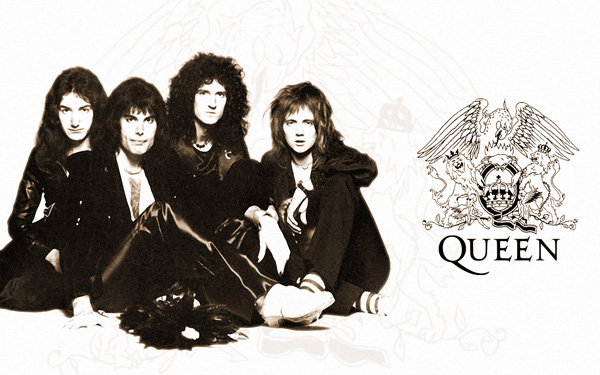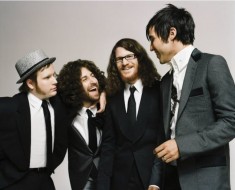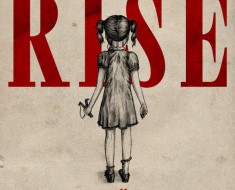For this week’s edition of Throwback Thursday, I thought we’d honor the band that put the glitter back in glitter rock, Queen! Formed in 1970, Queen was Freddie Mercury (vocals, piano, overall fierceness,) Brian May (guitar, vocals,) John Deacon (bass,) and Roger Taylor (drums, vocals). Hailing from London, Queen broke through countless barriers and influenced generation upon generation with their innovative stage shows and undeniably catchy songs and lyrics. Mercury explained how their name related to the message of their music, saying:
“I thought up the name Queen. It’s just a name, but it’s very regal obviously, and it sounds splendid. It’s a strong name, very universal and immediate. It had a lot of visual potential and was open to all sorts of interpretations. I was certainly aware of gay connotations, but that was just one facet of it.”
Shortly after formation, Queen started seeing chart success in the UK after releasing their debut album in 1973, and finally broke through to the United States with the smash hits “Sheer Heart Attack” (1974,) and “A Night At The Opera” (1975). The latter featured one of the bands greatest hits, “Bohemian Rhapsody,” which is still a stadium rock anthem to this very day. 1977’s “News Of The World” album contained two more of their most well-known songs, “We Are The Champions” and “We Will Rock You.” By the time the 1980’s rolled around, Queen was one of, if not the biggest stadium rock band in the world, releasing even more chart-toppers, such as “Crazy Little Thing Called Love,” and “Another One Bites The Dust.” They were admired by countless, worked with many (Michael Jackson and David Bowie, to name just a few,) and touched millions, but all too soon, it started to come crumbling down.
Rumors started swirling in 1988 that Mercury was suffering from AIDS after he told reporters that he was “too exhausted” to do many interviews. Mercury vehemently denied this claim, but with his appearance becoming more and more gaunt, the truth was becoming hard to ignore. He managed to make two more albums, 1989’s “The Miracle,” and 1991’s “Innuendo.” Finally, from his deathbed on November 23, 1991, Mercury confirmed that he did indeed have AIDS. He was dead a mere 24 hours later from broncho pneumonia, a complication of the disease. As the world wept from the loss of such a great, his music continued to live on, with AIDS charities being formed, musicials being made, and movies using Queen in there soundtracks to keep his name alive. Because of these tributes, Queen’s legacy is still going strong today and will for countless years to come. Rest in peace, Freddie, we will always be in “A Crazy Little Thing Called Love” with you and your music.







